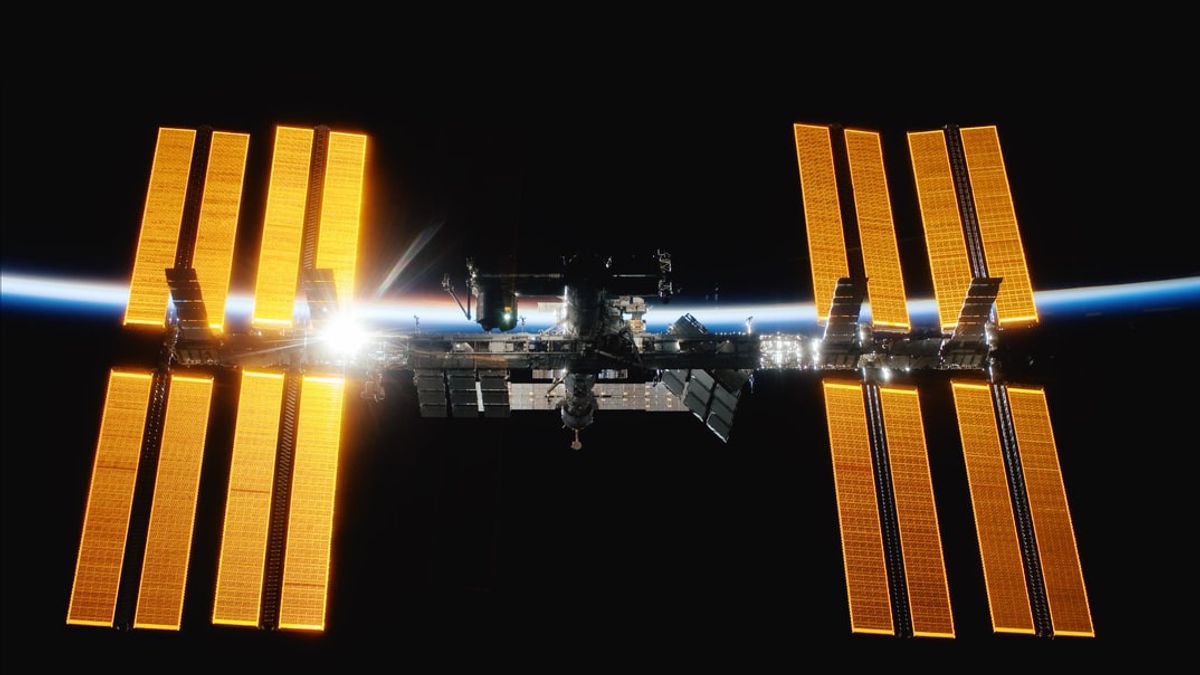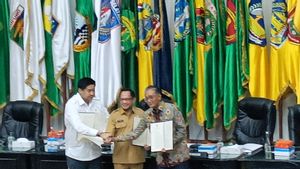JAKARTA – US President Joe Biden expressed his country's commitment to support for the development of the International Space Station (ISS) until 2030. This was confirmed by NASA Administrator, Bill Nelson, on Friday, December 31, 2021.
"The International Space Station is a beacon of peaceful international scientific collaboration and for more than 20 years has demonstrated enormous scientific, educational, and technological developments to benefit mankind," Nelson wrote in a statement on NASA's website, which also includes quoted by Fox News. “I am pleased that the Biden-Harris Administration has committed to continuing station operations through 2030.”
Operations of the station require approval from international partners and funding from the US Congress, which previously only approved funding for the ISS until 2024.
The past year has proven exciting for the ISS, with several major events changing the nature of operations for years to come. The ISS suffered not one, but two unintentional propulsion accidents that tilted the station off its axis.
The station has also seen the first self-paying space tourists in more than a decade. This happened when a Japanese billionaire and his producer visited the ISS on December 8.
Russia's November anti-satellite missile test has also created a debris field in low-Earth orbit that endangers the station and will pose a danger to space activity for years, Reuters reported a few months ago.
The ISS itself is a cooperative operating station between the international space agencies of the European Space Agency (ESA), the Japan Aerospace Exploration Agency (JAXA), the Canadian Space Agency (CSA) and the State Space Corporation Roscosmos (Russia).
Interfax reported in August that Russia and the US committed to cooperating on the ISS beyond 2024, but that no movement had taken place until the end of 2021. This raised concerns over the station's fate.
"The United States' continued participation in the ISS will increase innovation and competitiveness, as well as advance the research and technology needed to send the first woman and first person of color to the Moon under NASA's Artemis program and pave the way for the first human to Mars," it said. Nelson.
"As more nations become active in space, it is more important than ever that the United States continues to lead the world in cultivating international alliances and modeling the rules and norms for the peaceful and responsible use of space," Nelson said.
The English, Chinese, Japanese, Arabic, and French versions are automatically generated by the AI. So there may still be inaccuracies in translating, please always see Indonesian as our main language. (system supported by DigitalSiber.id)













